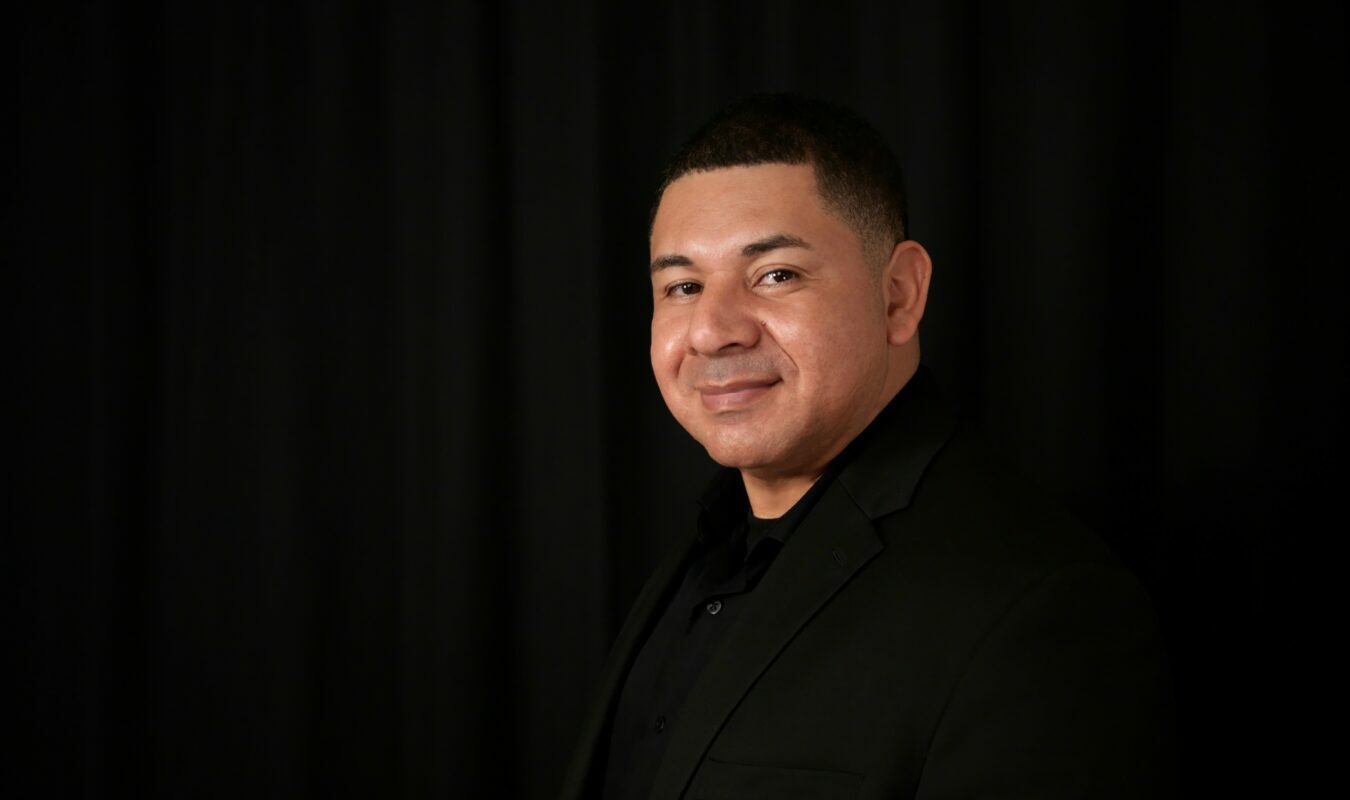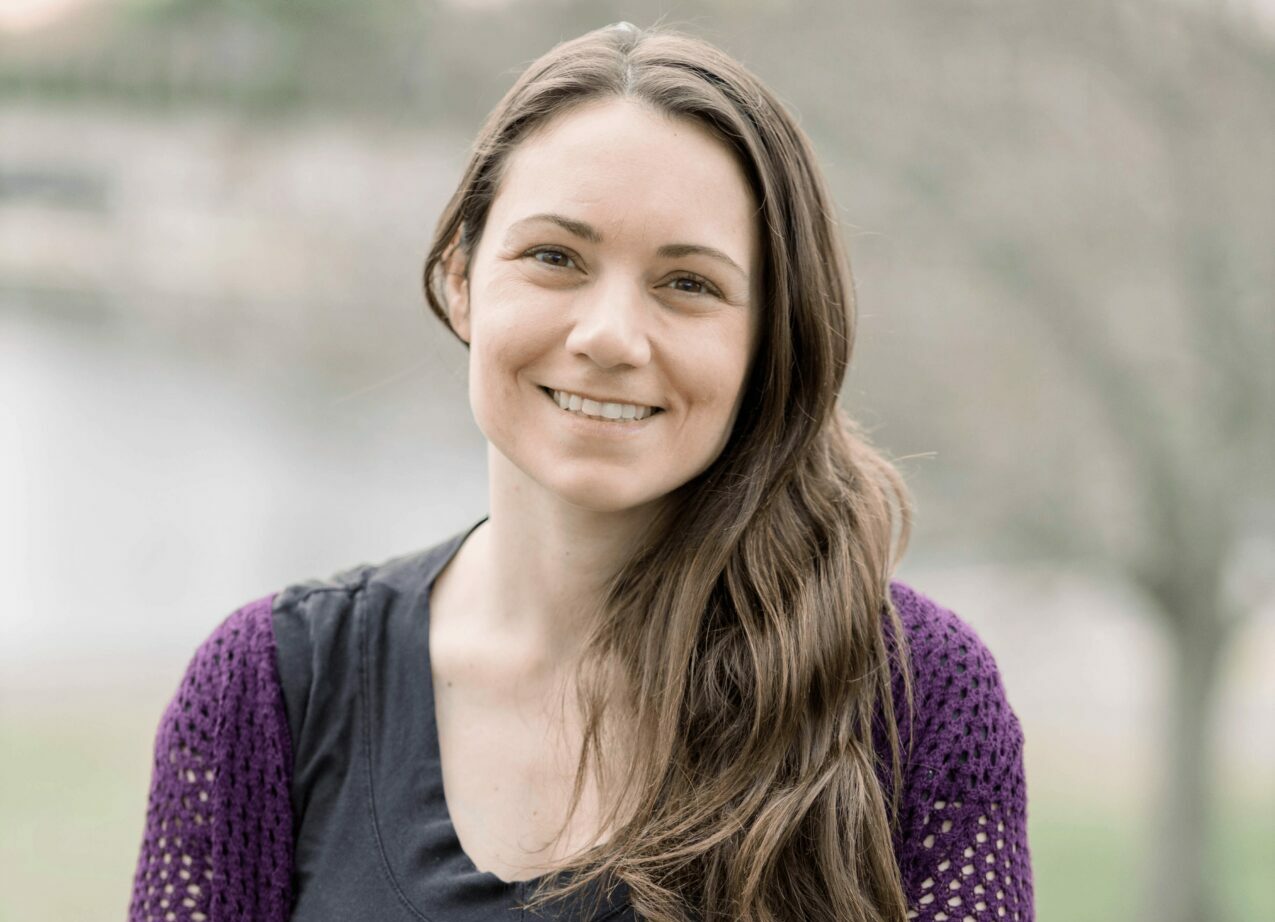Alright – so today we’ve got the honor of introducing you to Sandra Dutton. We think you’ll enjoy our conversation, we’ve shared it below.
Hi Sandra, we’re so appreciative of you taking the time to share your nuggets of wisdom with our community. One of the topics we think is most important for folks looking to level up their lives is building up their self-confidence and self-esteem. Can you share how you developed your confidence?
Where Did You Develop Your Confidence and Self Esteem?
A number of places. I grew up in Norwood, Ohio, in the center of Cincinnati. I remember giving a book report in fourth grade. So nervous I was, I remember looking down and seeing my arm shaking. But I learned a trick with my next report. I made illustrations for the story and showed them on a screen. And as I spoke, I was amazed—everyone paid more attention to my drawings than me, and I talked merrily away.
Even now, when I make presentations, I like speaking with illustrations or photographs in the background.
Also, when I was about fifteen, I picked a book off the news stand, The Power of Positive Thinking by Norman Vincent Peale, which I realized was all about developing confidence. I would remember different Bible verses he recommended such as “I can do all things through Christ who strengthens me,” and I would repeat five times or whatever he recommended. Still nervous I was, but with power. And then, many years later, I read in my hometown paper, The Norwood Enterprise, (My mother had given me a subscription.) that Norman Vincent Peale once lived in Norwood, and had just paid a visit. He had actually attended Williams Avenue School, the same school I attended, and he said he got the idea for The Power of Positive Thinking from his fifth grade teacher. The teacher would put the word “can’t” up on the board, Peale said, then he would cross off the “t”. “You can,” the teacher would say. “You can.” So my hometown was infused with a sort of “can-do” aura.
One more thing that gave me confidence and self esteem. I tried out for majorette in high school and made it. There were five girls in the line and out front, the captain. How exciting that was! The games were at night and I remember the thrill of marching under the lights in front of the band. In my senior year I became captain, and the mother of one of my friends told me Vera Ellen, the actress who’d starred in White Christmas, had once been captain at our school. Her father owned a music store that sold batons. I loved hearing this. It made me feel I was part of a long tradition.


Great, so let’s take a few minutes and cover your story. What should folks know about you and what you do?
Bold Journey
Sandra Dutton: Writer, Painter, and Illustrator
What are you working on?
I am a writer, painter, and illustrator with a new book coming out, A Wheelchair That Flies, (Monte Ceceri, Savannah) about a fairy godmother, Lily, who discovers she cannot cure her newest charge Daniel, a 13-year-old boy in a wheelchair who’s billed himself as “The World’s Greatest Expert on Baseball.” She assumes he wants to walk, but her magic will not cure him. He tells her he’s “happy anyway,” but Lily wonders how he could possibly be happy if he can’t walk or play ball.
I first started work on this book after I read an essay in The Sunday New York Times Magazine by Harriet McBryde Johnson, a woman in a wheelchair with a neuromuscular disease, about a debate she had with Peter Singer, a Princeton philosopher, over whether babies with disabling diseases might be euthanized by their parents because their lives, according to Singer, weren’t worth living. Johnson herself sped around her home city of Charleston in her power chair working as a disability rights lawyer. She was happy to say that she led a satisfying life, and believed that the disabled had “something the world needs.” And although she had no desire to trek up to Princeton, she agreed to the debate because she thought it might make a good story.
And it did. But most of all, as I read her article, I felt shocked that I knew so little about this type of affliction, “a muscle-wasting disease.” And until I read , I didn’t know such maladies existed. I felt I should do something—I wasn’t sure what—but started reading autobiographies by individuals—boys, usually, or their families—because boys were, percentage-wise, the ones who inherited it.
One of the most common muscle-wasting diseases was Duchenne muscular dystophy. I had been working on a book about a fairy godmother and wanted her to have a problem she couldn’t solve. I was’t sure what, but then I decided this was it. While Peter Singer had declared such lives useless and painful, I discovered that the writers of these books found their lives fulfilling and worthwhile. Children with muscle-wasting diseases had passions, I discovered. When Lily asks Daniel what he wishes for, she is surprised that his greatest wish is not a desire to walk, but to go to the first night game in the National League at the Reds’ old ballpark, Crosley Field, which took place in 1935. But how will she do that, she asks.
“Figure it out,” he says. So my “almost thirteen” year old Daniel is the teacher, and Lily, who faces her biggest challenge, is the student, learning that the disabled are capable of great things.
I illustrated this book as well, working up in Maine during our family vacation last summer on the second floor of a carriage house. I used panels of insulation as a bulletin board and set my light box on the kitchen table. I had lots of paper, made many drafts, and did the illustrations in watercolor, getting them all going, keeping them in the order they appeared in the story, all thirty-five. I used black felt markers from Staples and a few thin-lined markers from art stores. When I had trouble drawing what I imagined, I asked my husband to shoot a picture, something approximating what I had in mind, and in three weeks, I had a rough draft of every illustration, then took them home to Savannah, pinned them all up and kept working.


There is so much advice out there about all the different skills and qualities folks need to develop in order to succeed in today’s highly competitive environment and often it can feel overwhelming. So, if we had to break it down to just the three that matter most, which three skills or qualities would you focus on?
(Here, I’m combining two questions) Three most important qualities, skills and/or areas of knowledge
What was the most impactful thing your parents did for you?
I am most grateful to my parents for sharing their talent and enthusiasms. My dad was a very good artist (though never pursued art professionally; he was in management for 35 years at Chevrolet) and gave me my first art lesson at the kitchen table—how to draw a man in a hat. (What I had drawn looked like a cake on a plate balanced on a circle.) He showed me, first with his own hat, how a hat sometimes came down all the way to the ears. I remember feeling very grown up when he showed me this.
My mother was an amazing seamstress and could make just about anything—costumes, curtains, fancy dresses my sisters and I dreamed up. I remember deciding I wanted a net skirt over my best dress for an upcoming party. So she bought some beautiful blue netting and velvet ribbon and made an overskirt, with enough ribbon left over to make a bow in the back. Putting it on made me feel like a dancer.
Everyone in my family had a sense of humor. My mother had a gift for mimicry, and could do a complete rendition of every scene she’d been a part of that day—taking voices, lowering her glasses. (She was head of personnel for an Ohio dairy chain.) We all thought her office must be the most exciting place in the world, but one day my sister Jane went to work with her, and Susie and I waited to hear the stories. “Nothing happens,” Jane whispered to us upstairs. So we all learned an important truth that day: a good story was all in the telling.
We put this to good use at dinner, my sisters and I pushing off from the table to imitate our teachers (My parents warning us nothing we said should go out of the kitchen but at the same time enjoying our “show.”).
My dad had a gift for rhyme and amusing recitations he’d up dreamed up in his twenties. There was one about an exercise teacher and a chef whose programs on the radio became intertwined.
It began:
Raise knees, depress toes, and sift thoroughly.
He would take a falsetto for the cook’s voice. It was all very funny, but that’s all I can remember. However, there was also a long rhyme he liked to recite and which we loved to hear, “The Tale of the Bald King.” I can remember the first verse:
Far away where no one visits
Lies the land of Whatsitisits.
The Whatsits are a gentle race
Who wear long whiskers on their face.
They let them grow beyond their knees,
For if they didn’t,
They’d jollywell freeze.
So talent, enthusiasm, and a sense of humor were gifts of my parents to my sisters and me, and family dinners were their medium.


If you knew you only had a decade of life left, how would you spend that decade?
Yes. I want to get my book, A Wheelchair that Flies, which is to be released April 30 by Monte Ceceri of Savannah, out to the world. I think it makes an important point: that the disabled should be taken seriously, that they are capable of great challenges, that they have desires and talents and abilities that can amaze us all. Or not amaze, but surprise or sustain.
I need help. I want connections. I want to know who to talk to, email, confide in. I want this book to entertain and challenge the disabled, and to be read by people like I was—unaware of others with muscle-wasting disease, or other disabilities, who experience both pain and joy. I want connections with people who notice the disabled and are open to giving them opportunity, who can see that moving by wheelchair does not prevent a person from taking on great and small challenges, great and small joys.
A Wheelchair That Flies will be released on April 30.
Contact Info:
- Website: SandraDutton.com SandraDuttonFineArt.com
- Linkedin: https://www.linkedin.com/in/sandra-dutton-7843ab13/
- Other: https://www.thenewyorkoptimist.net/sandra-dutton-fine-art.html?srsltid=AfmBOorn3zXWdB60wmoZKEq1LkgnMhm3DjNgHyn6ybgklxtxmdJjFU8_


so if you or someone you know deserves recognition please let us know here.




